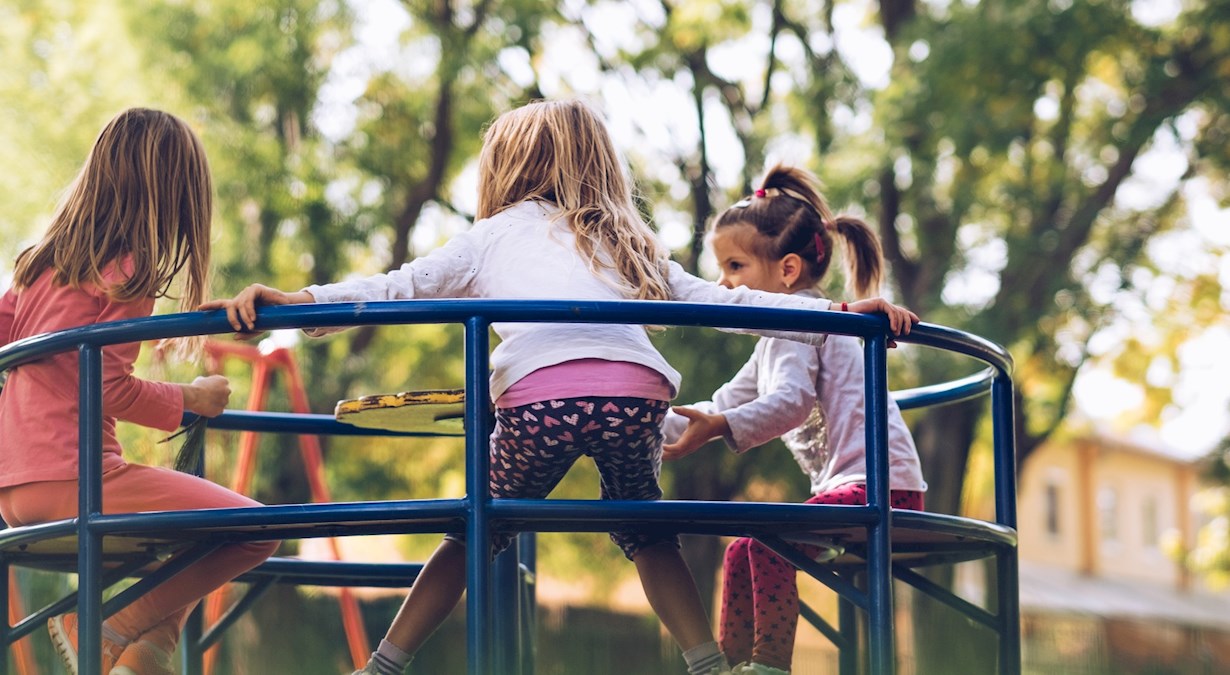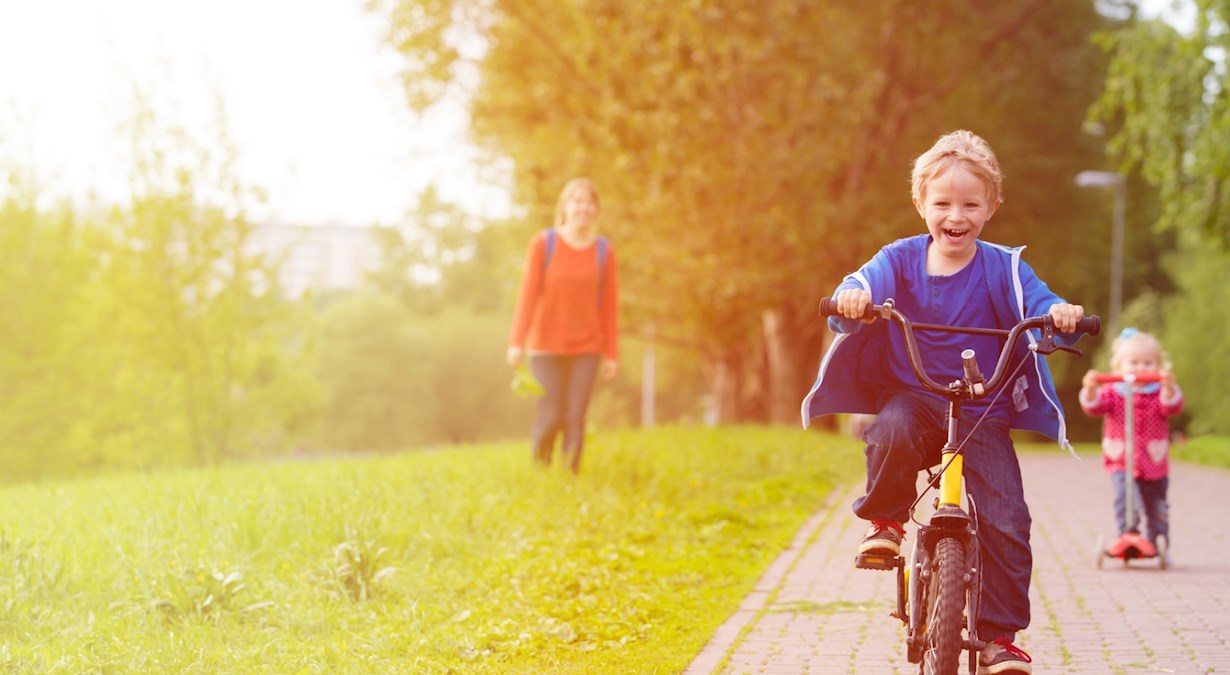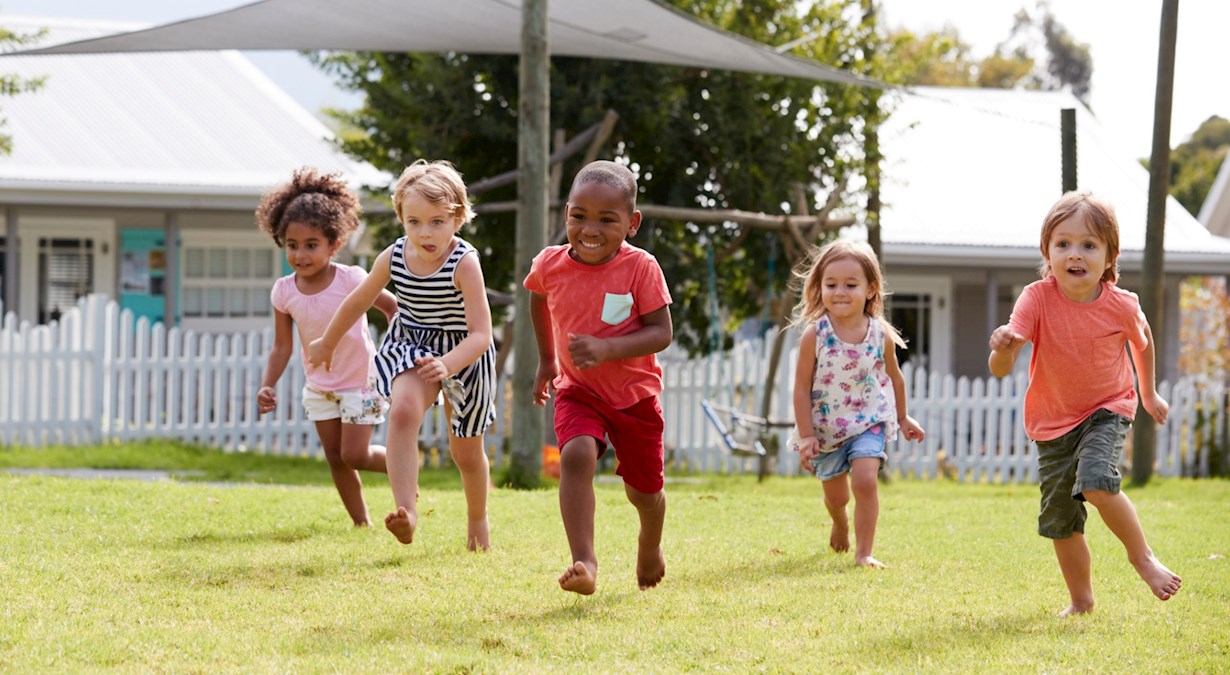PROJECT
Green Space and Health Research
Green spaces, healthy people
This research investigates the effect of exposure to green and blue space on youth health.
Green spaces, such as parks and nature, provide numerous physical and mental health benefits for users.
Green spaces near home provide children and youth with opportunities to play, socially interact and be active.
Contact with plants and animals in nature is associated with children developing a sense of identity, autonomy, psychological resilience, self-regulation, gross motor skills and learning healthy behaviours.
The pathways through which contact with nature facilitates child health and development for older children has received research attention but research on the effect of nature contact on young children’s health and development is still needed.
Project goal
To investigate the effect of youth exposure to green space on obesity, asthma, allergy and mental health using data from the Western Australian (Raine) pregnancy cohort. We hypothesise that exposure to green spaces will have a positive effect on youth health outcomes, particularly for mental health and obesity.
Research team leader: Associate Professor Hayley Christian
My research focuses on improving children’s physical activity levels, health and wellbeing through multi-level interventions that are focused on the child, the family, and social and built environments. This includes identifying and testing strategies to create healthy early childhood education and care environments, and investigating how the home and neighborhood environment shapes children’s health and development.
PhD opportunities
Interested in becoming part of this project? Complete the following steps to submit your expression of interest:
Step 1 – Check criteria
The application process and general UWA PhD entrance requirements can be found on the Future Students website.
The relationships between green and blue spaces and youth health outcomes will be investigated using data from the PLAYCE study, Raine study and ORIGINS. The project will involve collaboration with industry partner NaturePlay WA and ArborCarbon.
Requirements specific to this project:
- ability to conduct quantitative and qualitative research
- ability to undertake statistical analysis (SPSS and/or SAS)
- excellent writing skills
- ability to work as part of a team
- good interpersonal communication skills
Once you have ensured you meet the eligibility criteria and are ready to discuss a proposal, contact Associate Professor Hayley Christian to identify a potential supervisor.
Step 2 – Complete readings
Giles-Corti, B, Bull, F, Christian, H, Koohsari, MJ, Sugiyama, T, Hooper, P. Promoting physical activity – reducing obesity and NCDs. In: Bird, W, Van Den Bosch, M (Eds), Nature and Public Health: The Role of Nature in Improving the Health of a Population. Oxford University Press; 2016
Sugiyama, T, Gunn, LD, Christian, H, Francis, J, Foster, S, Hooper, P, Owen, N, Giles-Corti, B, 2015. Quality of public open spaces and recreational walking. American Journal of Public Health. 105 (12), 2490-2495
Hunter, R, Christian, H, Veitch, J, Astell-Burt, T, Hipp, AJ, Schipperijn, J, 2014. The impact of interventions to promote physical activity in urban green space: A systematic review and recommendations for future research. Social Science & Medicine, 125, 246-256
Pereira, G, Christian, H, Foster, S, Boruff, B, Bull, F, Knuiman, M, Giles-Corti, B, 2013. The association between neighbourhood greenness and weight status: An observational study in Perth Western Australia. Environmental Health. 12 (1), 49.
Step 3 – Submit enquiry
After you have discussed your project with the research team leader you should be in a position to proceed to step two of the UWA application process:'Lodge and application'.
Different procedures apply to domestic and international students.
Related projects
Collaboration and funding
This research is supported by funding from The Telethon Kids Institute. Collaborators on the project come from a number of different universities:
- Assoc/Prof Bryan Boruff
- Dr Gina Trapp
- Dr Kevin Murray
- Dr Charley Budgeon
- Dr Peter Franklin
- Bridget Beesley
The University of Western Australia:
- Dr Amanda Wheeler
- Dr Gavin Pereira
- Dr Anna Callan
Curtin University:
Edith Cowan University:



